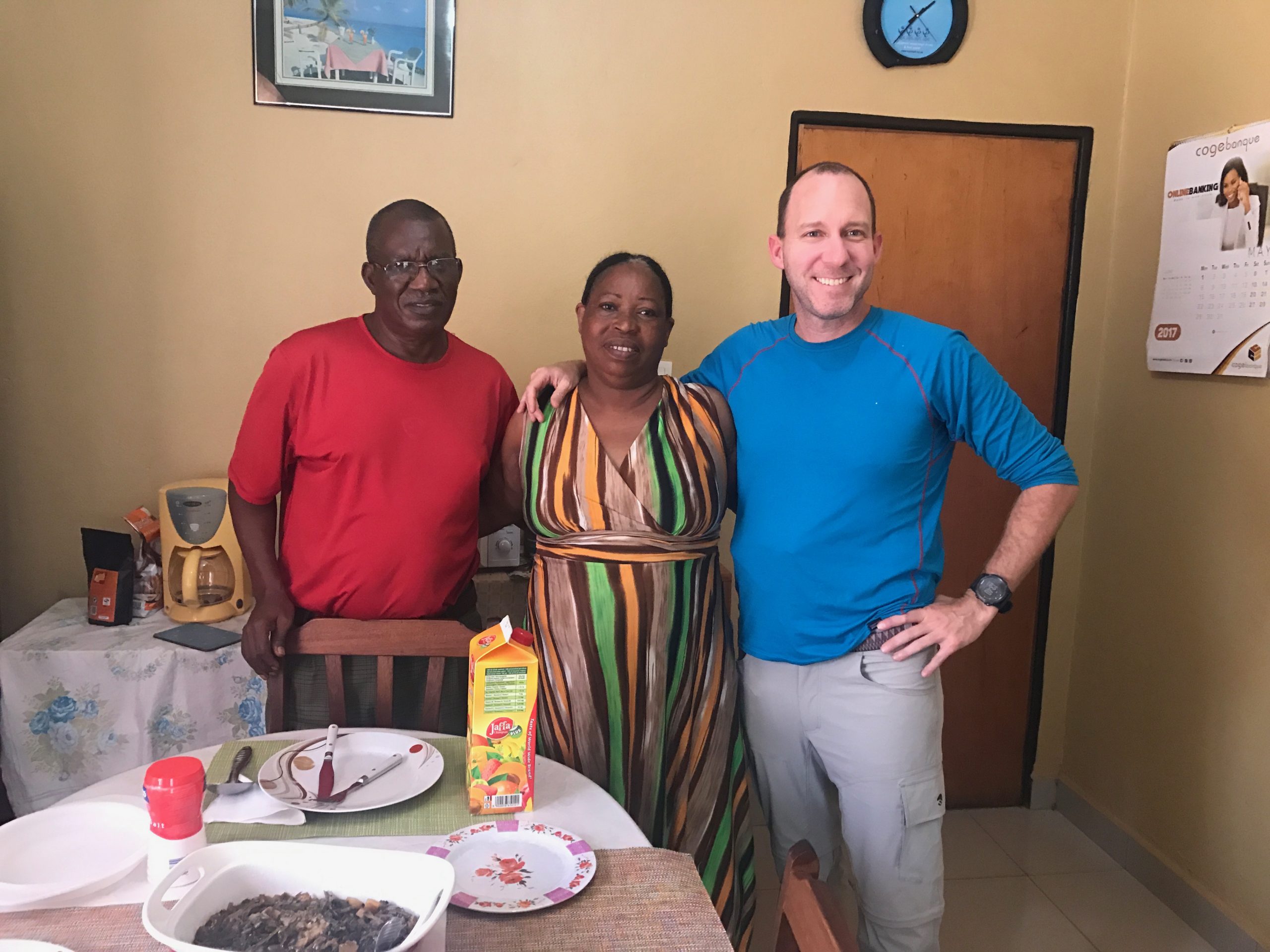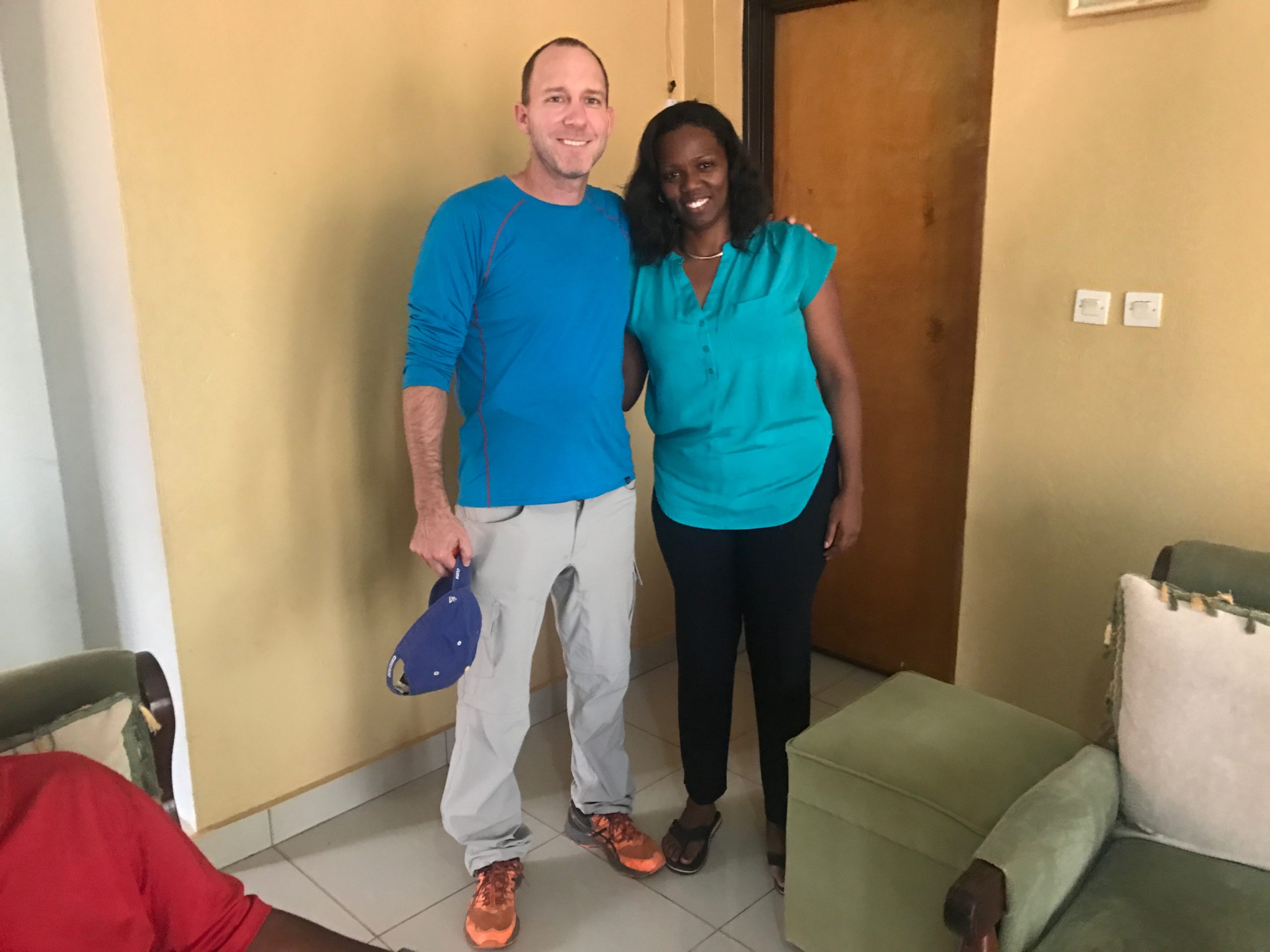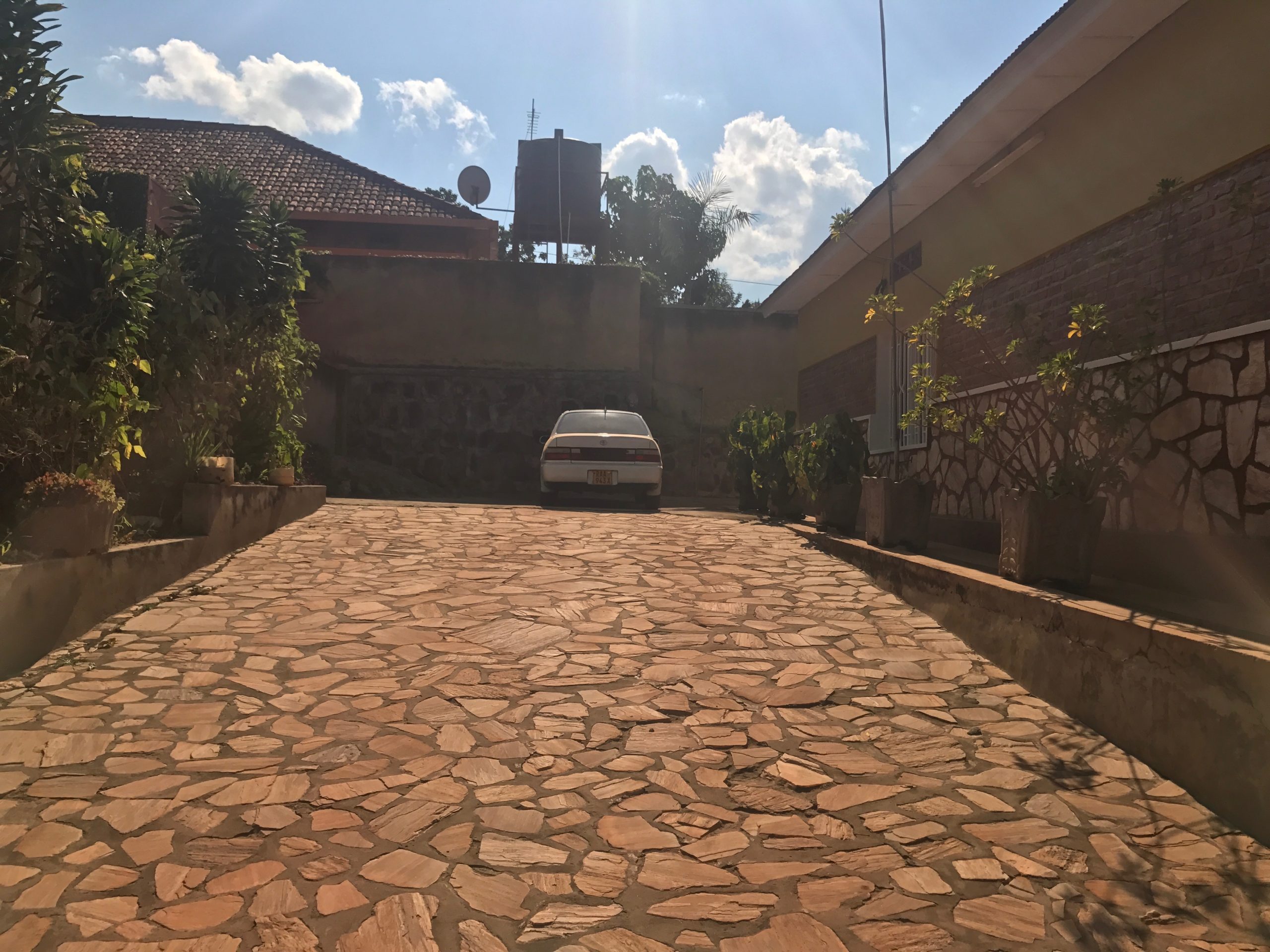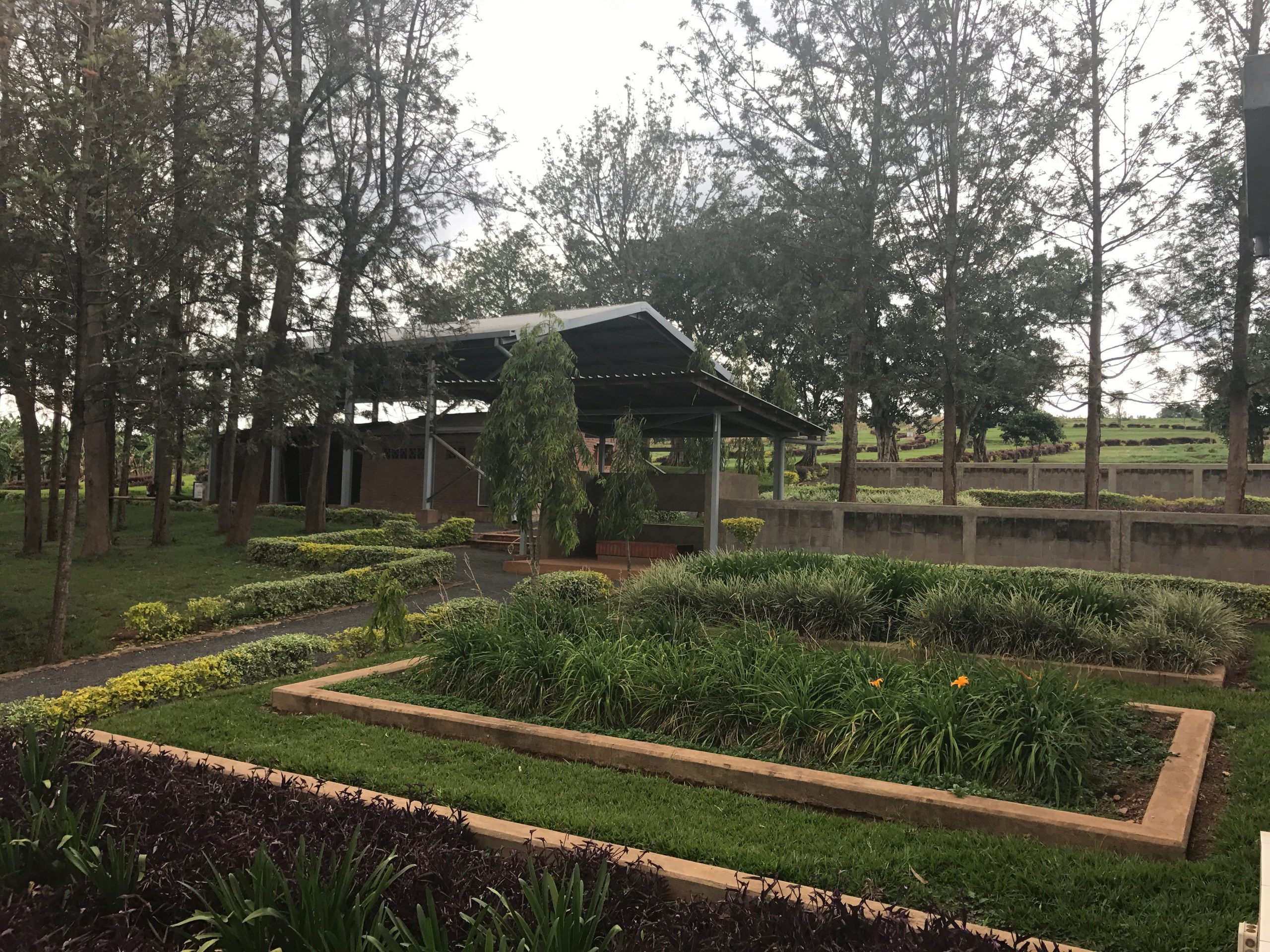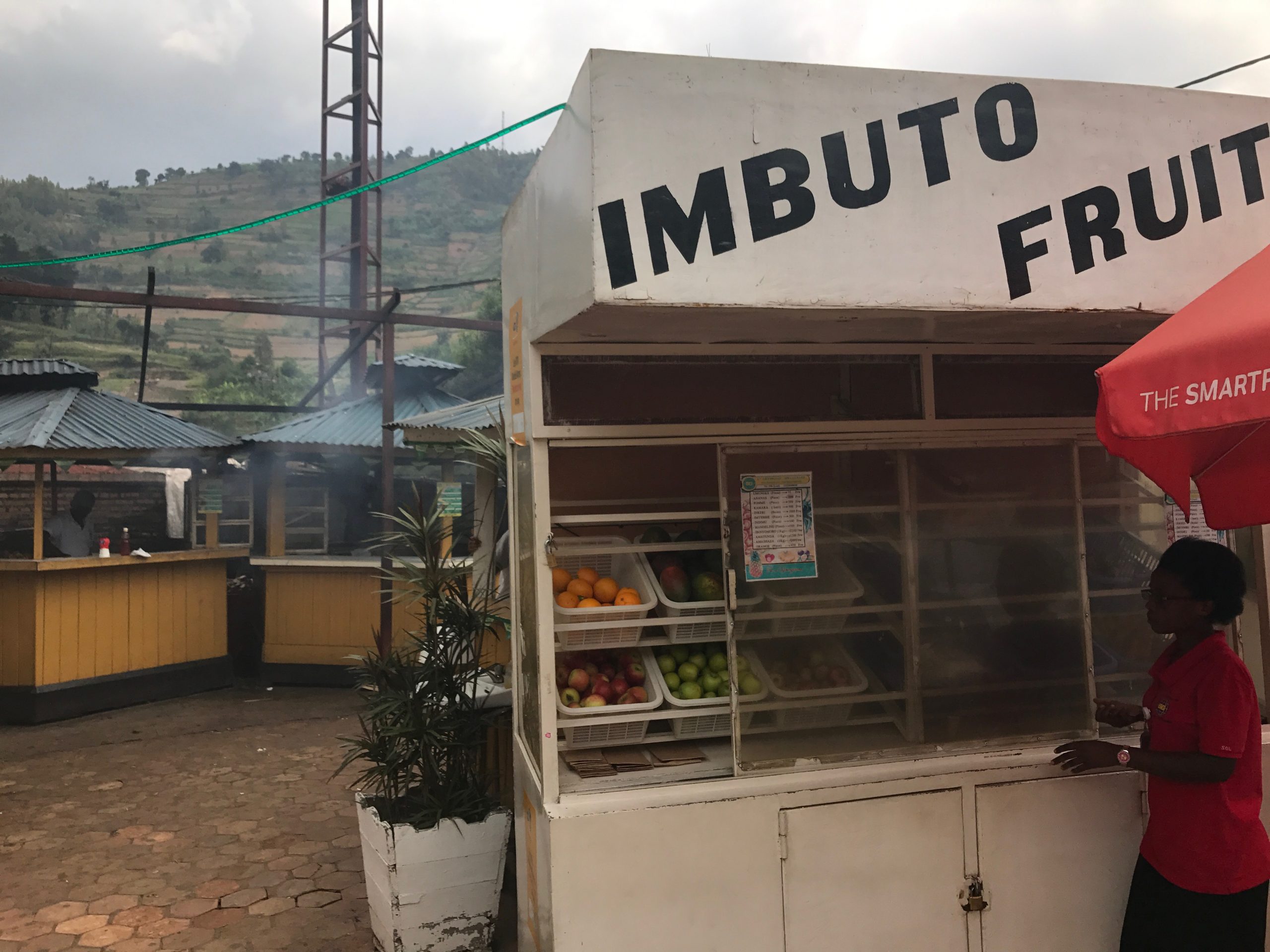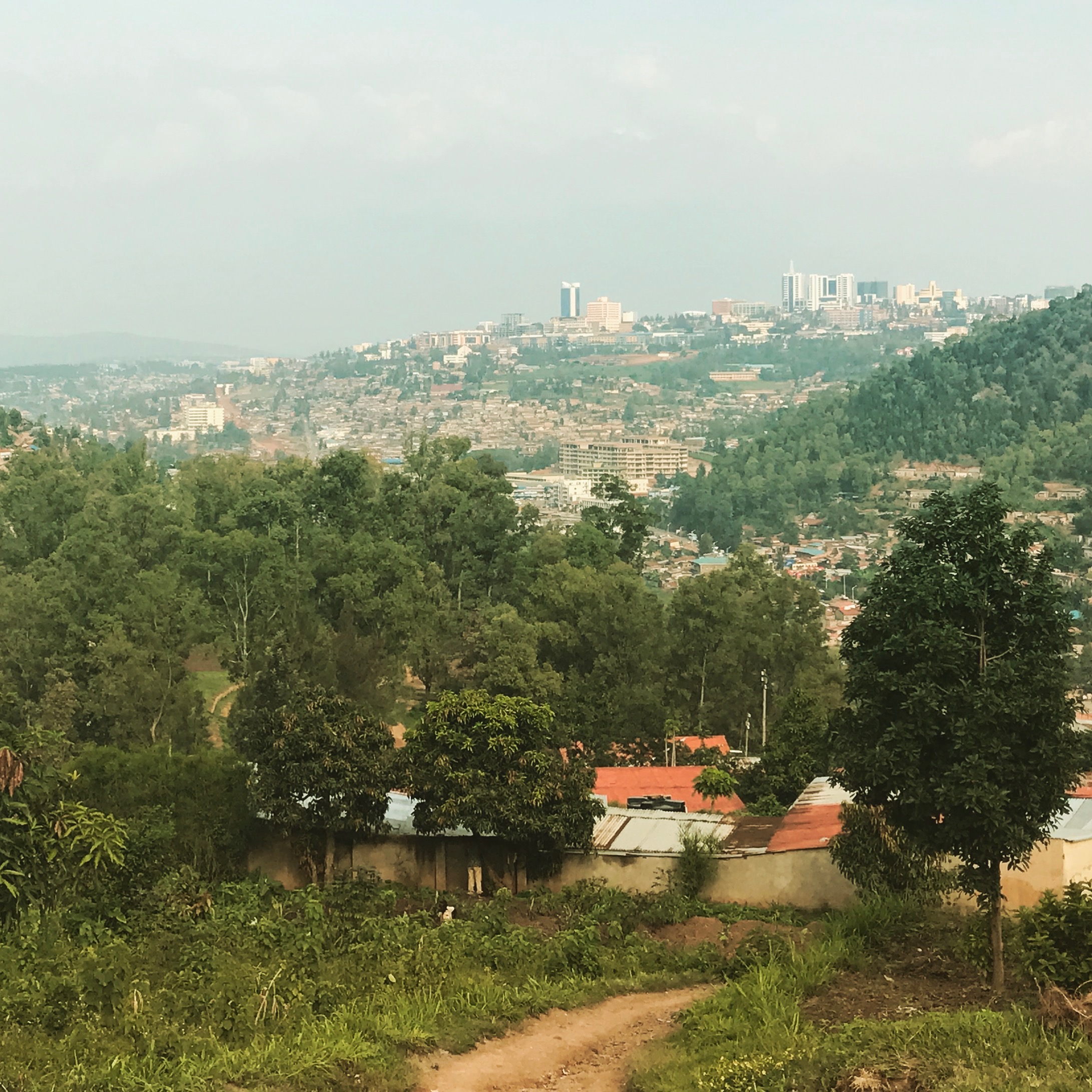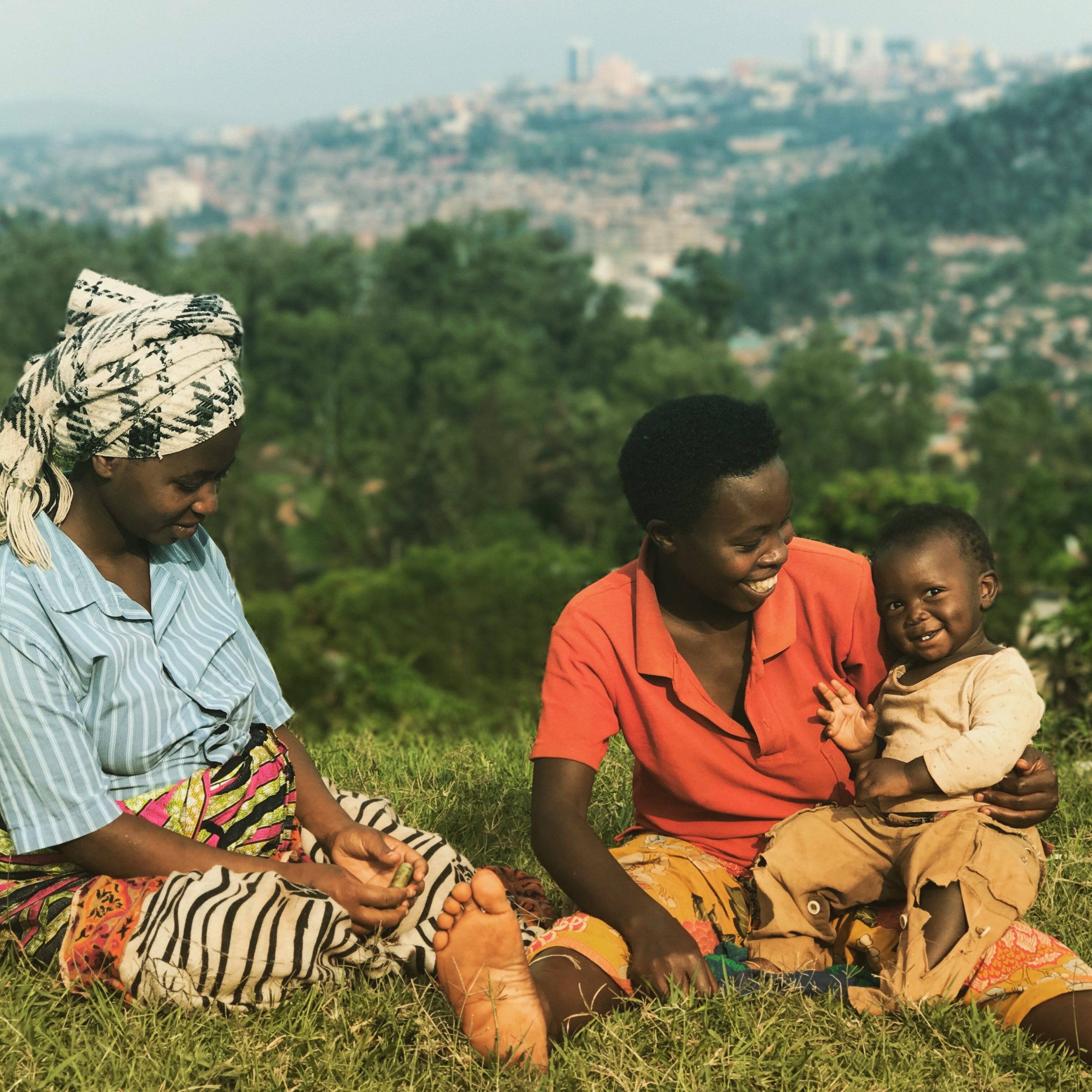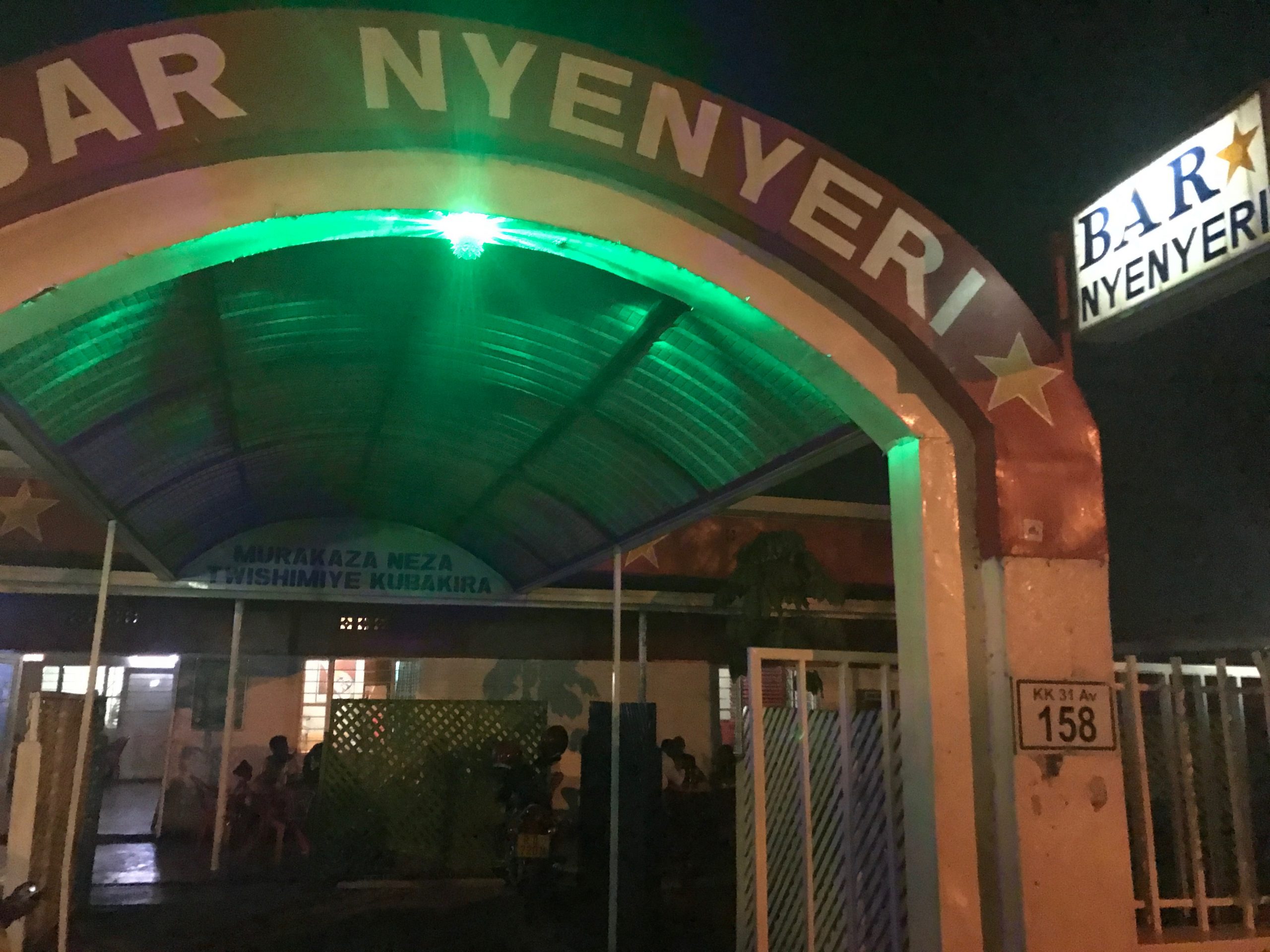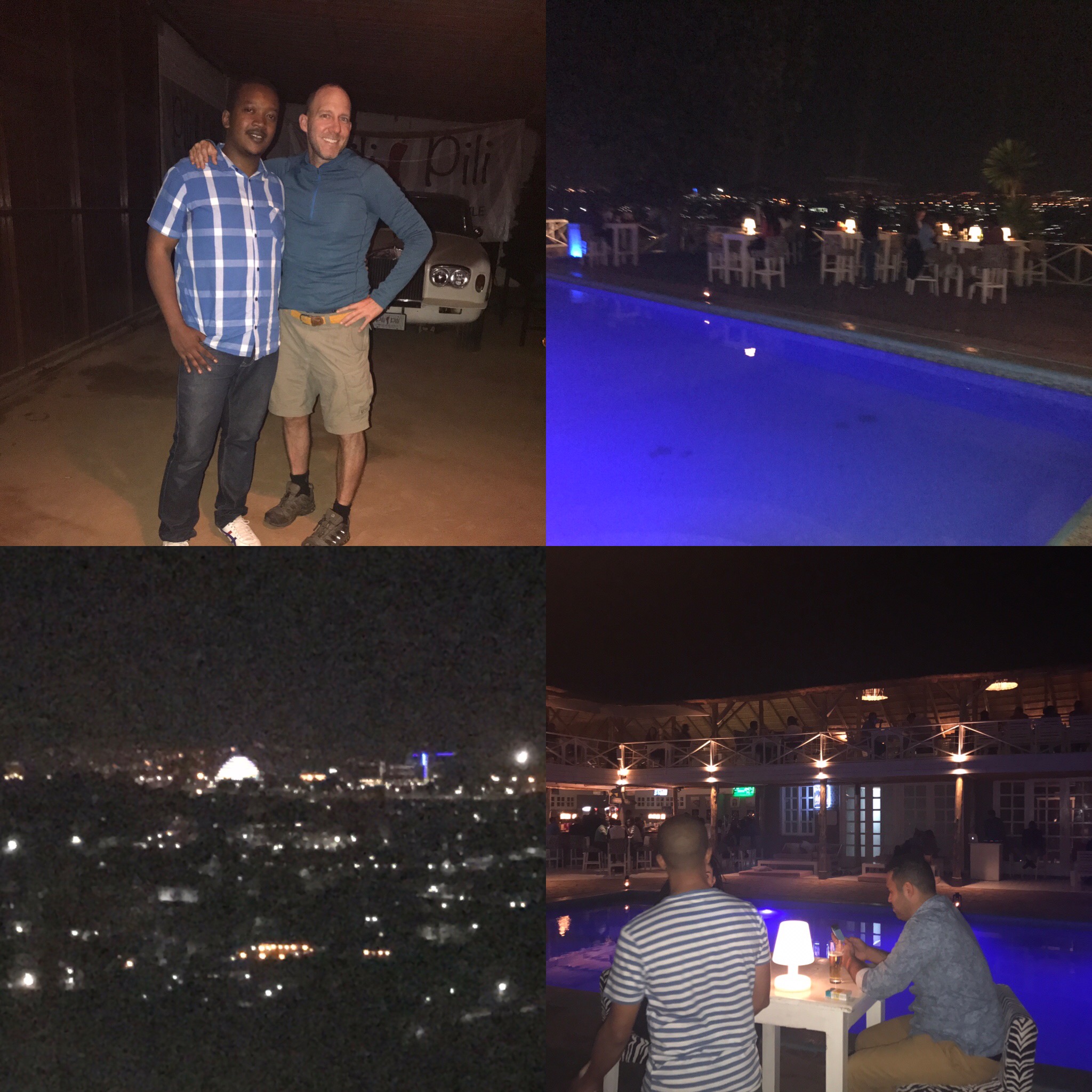Learning to live again in Rwanda
Learning to Live Again in Rwanda
Learning how people moved on after the genocide is mind-blowing
Most Meaningful Experience: Meeting Norbert and having him show the ropes in Rwanda
– Pay your respects at the somber Ntarama Genocide Memorial
– Get a three-country East Africa Tourist Visa so you can easily visit Uganda and Kenya
– Discover the local stories at one of Kigali’s watering holes
I’d heard Rwanda described as the “Singapore of Africa”, with the city developers who’d designed Kigali hailing from this island city-state. While the genocide of the 1990s is still etched in people’s minds, other travelers had only told me positive things about how Rwanda has rebuilt and is moving forward. I was keen to see for myself.
The first surprise came at customs on arrival at the Kigali Airport. An official checked my luggage and asked me to dispose of the plastic bag I had filled with water and snacks. “No plastic bags in Rwanda, Sir”. Wow – no plastic bags?! Was I entering Singapore or the Nordics?
A taxi driver welcomed me to Rwanda in an accent that sounded like a mix between French and British, then stated his price. I turned to buy a SIM, seeing if he would begin negotiating lower, but he held firm. It appeared the taxis were fixed price, saving tourists the hassle of bargaining for a ride.
As we drove from the airport to my hostel in Kigali, rolling hills blanketed in agricultural fields stretched in both directions. The lush, green mountains gradually became dotted with patches of ochre as the residential houses of Kigali came into view. Everything seemed organized and incredibly clean. Perhaps this was the “Singapore of Africa”.
I stayed at a hostel called the Discover Rwanda Youth Hostel that brought together people from around the globe. In my dorm, there was an African guy studying in Kigali, some Aussie hikers about to head off trekking in the Rwenzori Mountains and three sisters from Colombia. It’s here that I met Lauren, an NGO worker from Seattle who was part of a project at REAPlifedig.org. We chatted about what it involved and I asked if I could volunteer – she was happy to help me apply.
One of the benefits of staying in hostels is the connections you make and discovering new travel destinations. It was through a Japanese girl that I learned about the Ntarama Genocide Memorial, which lies around an hour’s bus drive from Kigali and marks the spot where a horrific massacre had taken place. We traveled there together, visiting the burial grounds and a church that was filled with skulls and bones from those who had been killed. I felt sick in my stomach and couldn’t stay long. I was so overwhelmed that I couldn’t even cry. How could anybody be so evil?
We walked through the gardens that led up a hill and into a forest behind the mortuary. Sadness gave way to a sense of peace as flowers blossomed and birds chirped. It reminded me how serene cemeteries are and the suffering of those laid to rest is over. I knew that their spirits roamed free amidst the birds soaring in circles above us.
That evening I met Norbert, an aspiring local entrepreneur who’d spent 13 years living in China (and spoke fluent Mandarin). I asked him how someone could move on after their families were killed. “We had no choice”, he replied. He went on to tell me how more than half of his family was killed – even his next door neighbor killed his family members. I couldn’t believe it.
“There was no psychologists left in the country, so people simply started sharing their stories, and the more you heard, the less pain you felt. You realized that you were in fact lucky to be alive and that had a huge psychological impact. Families sometimes had both perpetrators and victims. We could have decided to revenge the death, but we quickly realized it would mean the end of our country. So we came together, decided to create a new country, remove ethnic mentions in the identity cards, dismantle the divide and conquer a policy of colonialism by rediscovering our history. If we wanted a better country, we had to just get on with it…and so we do.”
The next day I kept thinking of this as I visited the Kigali Genocide Museum. It not only detailed the massacres in Rwanda but also other genocides around the world. In just four months, around one million people were killed in Rwanda during the power struggle between the Tutsis and Hutus. These ethnic groups had lived together in peace for more than 1000 years but were pitted against one other by colonial powers. In reality, they shared the same language, the same culture, the same religion, and nowhere in the country was a Tutsi region or a Hutu region. Their differences were more of a social construct – one cultivating the land andanother raised cows.
Aside from walls filled with photos of those who died, the museum featured exhibits explaining the lack of action taken by the West to stop the killings. They also spoke about atrocities in Uganda, Cambodia, Germany and Turkey. How could any of these societies get along after people had killed each other’s neighbors?
I kept thinking about Norbert and the mental tenacity one must have. I tried to relate it to the teachings of Vipassana and being able to identify and release emotions. The Rwandans had to block these scars just to be able to live. I started trying to push negative thoughts away, over and over. Then just as I was leaving the museum, I felt my brain “pop”, as if a wire had broken and I felt a wave of relief as old thoughts and feelings were released. Looking back on it now, I think it was a huge turning point in my ability to control negative thoughts of anger and I believe that a person can re-wire his thoughts and capacity if he learns how.
The following day was Sunday and I went running up one of the hills that overlooked the city. I stopped in at a church where a service was being held (and turned a few heads), then went for lunch at the house of a friend’s sister who I’d met at a conference. She’d said if I ever made it to Rwanda to let her know.
Her family came together to feast on sweet potatoes (ibijumba), rice (umuceli), vegetables (imboga, courgette, carrots, red eggs) and chicken (inkoko), with this meal in itself making the trip to Rwanda worthwhile! It was a powerful experience to connect over food and they explained that according to their beliefs, there is new life after death, so we must “fight to live again”, no matter how hard it might seem.
My time in Rwanda was short, although I would return later to meet Lauren and join forces with REAPlifedig.org. As I headed back to the airport, I knew those first few days in this remarkable country would mark me for life. The current president, Paul Kagame, has led Rwanda since the government was overthrown by the Tutsis. From what I can see, he has done an incredible job rebuilding society, with good infrastructure, roads and schools. While opinions are mixed as to his legacy, perhaps having a strong dictator was the only way to regain peace after such a tumultuous time.

